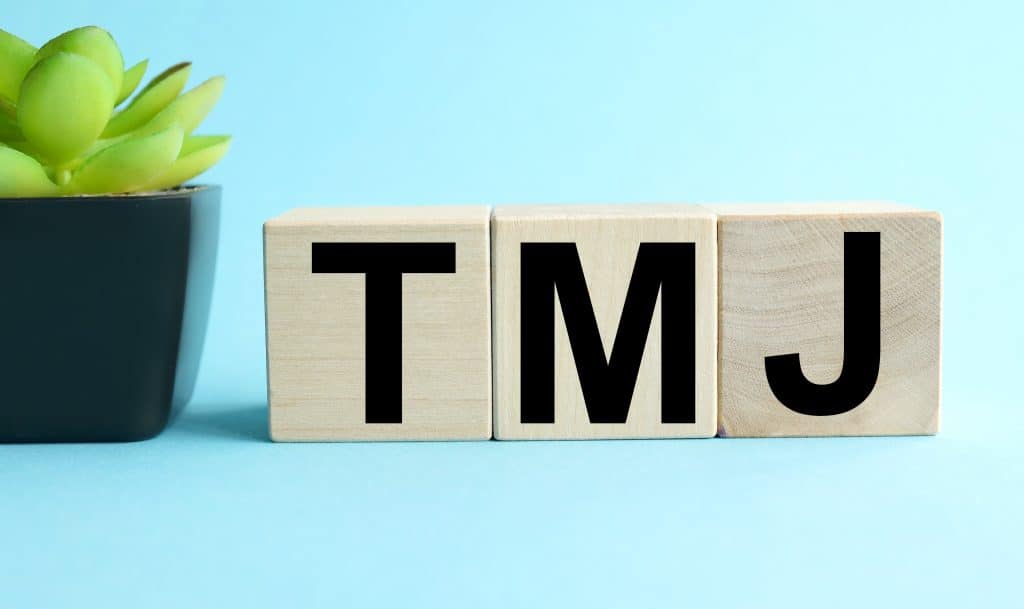
For many individuals, the biggest threat to their beautiful grin will be the damage and harm caused by oral bacteria, such as decay, infection, and tooth loss. While this is the most common concern among individuals, others may endure significant threat and damage to their teeth due to a bite dysfunction caused by grinding their teeth. In today’s blog, your Dallas, TX dentist will elaborate on what grinding does to your oral health, and how our team can help you.
Worn Surfaces
When you wake up in the morning and experience jaw tension or soreness for the first time, your initial reaction is often to assume that you slept in the wrong position, or perhaps you were even speaking in your sleep and that is why your muscles ache. In reality, however, you are probably grinding your teeth together at night. This phenomenon consists of clenching and moving your jaw from side-to-side, often when unconscious or asleep. It can be caused by a number of circumstances, including stress or anxiety or other circumstance, and initially is not very harmful. Quickly, however, this situation can continue to occur until the surfaces of each structure becomes worn down, essentially weakening the bone and increasing your risk for developing infection. What’s more, this can cause you to experience sensitivity as well. If you suspect you may be grinding surfaces while you sleep, do not hesitate to contact your dentist.
Misalignment in Your Bite
Probably the biggest concern that arises from chronic grinding, also known as bruxism, is the risk of developing a bite dysfunction known as TMJ disorder. Your lower mandible hinges upon two joints to connect it to the rest of your cranium known as temporomandibular joints (TMJ’s). When you experience consistent bruxism, you become at risk of those joints and lower jaw becoming misaligned and allowing it to pop out of the joint. This not only creates strain and tension, but you may also experience a popping or clicking sound as your bite attempts to correct itself, as well as pain. Without seeking professional assistance, you put your health in danger by allowing the phenomenon to continue, potentially causing severe damage to the tissues and joints.
Ways Our Team Can Help
While this condition is certainly no walk in the park, there is something that can be done to address it. When you visit our team, your dentist can provide splint therapy in order to guide your lower jaw back into place to realign it with the joints. We may also provide a custom-made dental appliance such as a mouth guard in order to help you keep your oral structures protected while you sleep.
Schedule Your Visit
Don’t let chronic teeth grinding remain unchecked. Contact Gentle Smiles in Dallas, TX by calling 972-329-7645 to learn more or schedule your visit with our team today.






Recent Comments